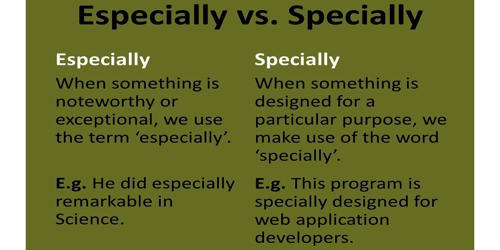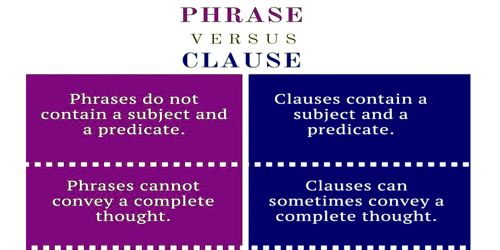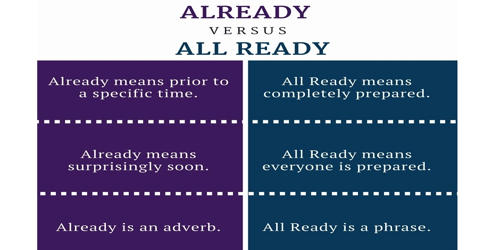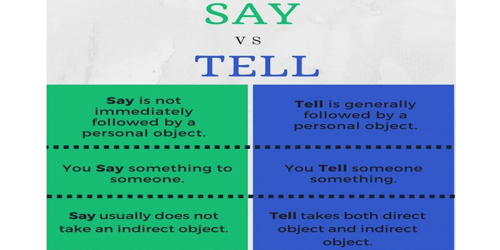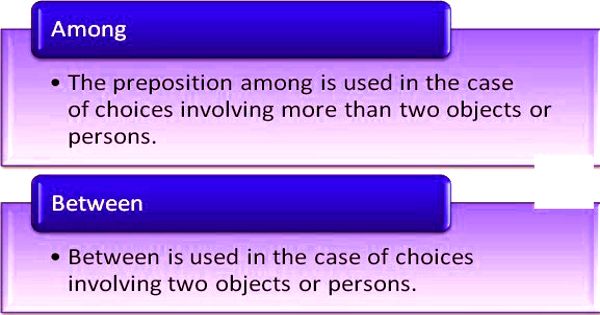Generally speaking, especially and specially both mean ‘particularly’. Especially and specially are adverbs. Specially, is an adverb that is used to tell you something serves a particular purpose. On the other hand, especially is also an adverb that is used to emphasize someone or something over all others. Especially means ‘particularly’ or ‘above all’. Both can be used to mean “particularly.” Especially tends to be more formal, while specially tends to be more informal. These two words are highly confusing homonyms, as people usually do not understand which one to use, in a sentence. The preference for using one word instead of the other is down to particular conventions of use rather than any deep difference in meaning.
Difference between Specially and Especially –
SPECIALLY
- The word ‘specially’ is used to mean for a particular purpose.
- The word special is an adjective which means something which is not regular or usual, i.e. it denotes notable or exceptional. Its adverb form is ‘specially’ which refers to ‘for a particular purpose’.
- Specially, is the adverb form of the adjective special, which is used to indicate ‘for a special purpose’.
- It is used to indicate the intention or purpose of doing or developing something, i.e. for which something has done or for whom something is done.
- When something is created with a specific objective or reason, we use the word specially.
- Specially used in a sentence when there is a past participle.
- Examples: The smartphone is specially designed for software professionals. Kate wore a specially designed dress at the party.
ESPECIALLY
- We use ‘especially’, when we single out someone or something over the rest.
- The adverb especially is used when there is something much more than the ordinary, i.e. above all other things present.
- The adverb ‘especially’ is used to highlight the importance of something or the superiority of someone, over others. It may also mean very or particularly.
- This is mainly used when you want to emphasize someone or something having an edge over the others. However, it can also be used in other contexts also depending on what the sentence means.
- Especially denotes something exceptional or above all, i.e. when you want to lay stress on what you state is more appropriate to a particular person or thing than the rest.
- Especially is placed prior to preposition or conjunction in a sentence.
- Examples: I love flowers, especially roses. This place is very hot, especially in summer.
